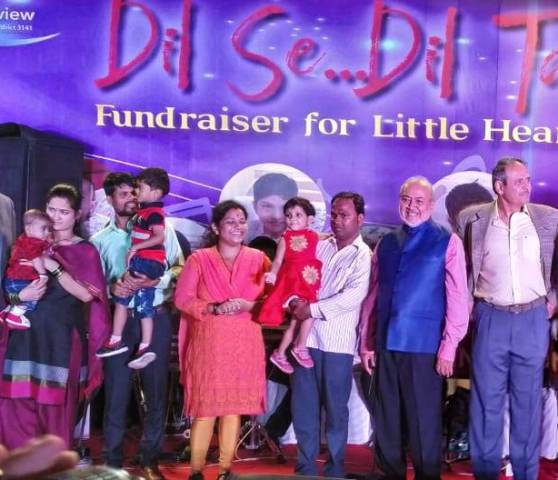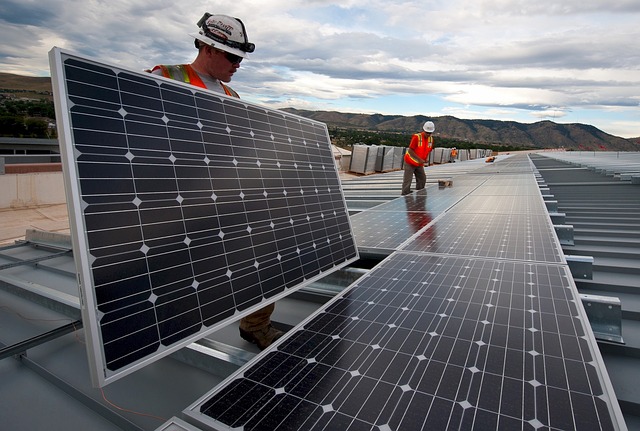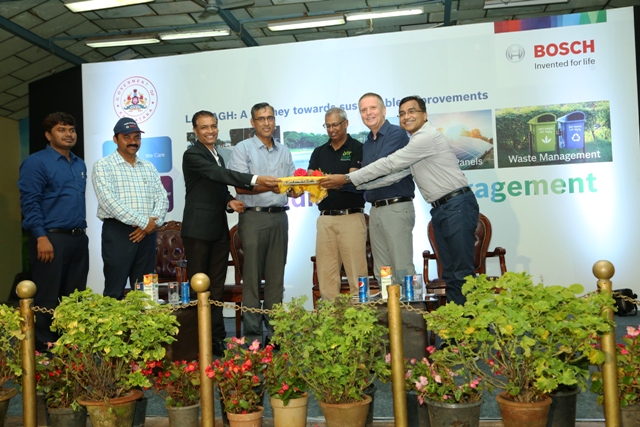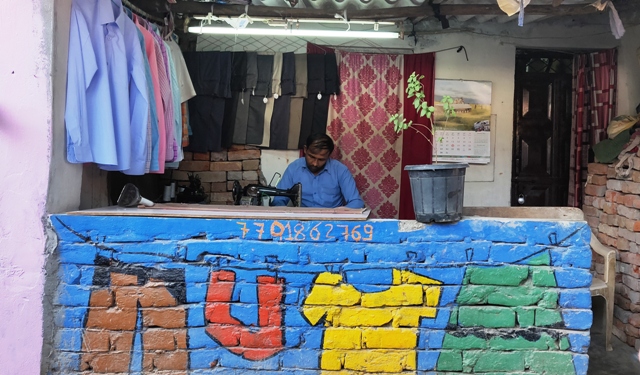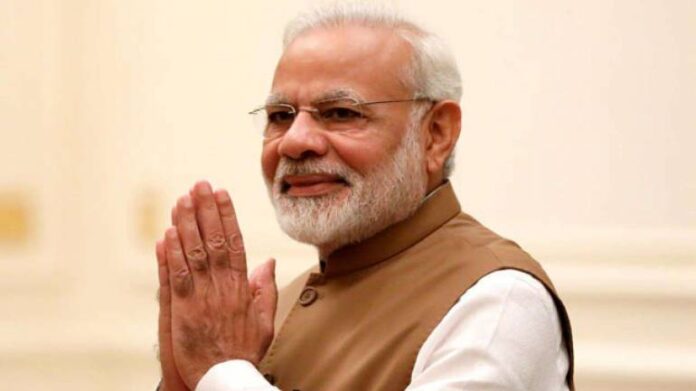Delhiites continue to choke on polluted air and debate over the unlivability of metro cities in India continues to rage. As part of our continuous efforts to Be the Solution, The CSR Journal had an exclusive conversation with Founder and CEO of Anti Pollution Drive Foundation, Abdullah A Rehman.
Anti Pollution Drive (APD) Foundation India is a not-for-profit organization working to improve public health through environmental conservation work in India. Winner of the KSPCB Excellence Award 2017 for contribution towards Environmental Awareness in Dakshina Kannada District, Karnataka; and Young Social Innovator 2016 accorded by UN-HABITAT and NSF, the foundation works closely with various government and private agencies across the country.
APD Foundation has been retained as one of Mangaluru City Corporation’s official partners for spearheading projects under the SVEEP programme of Election Commission of India. SVEEP is short for Systematic Voters Electoral Education & Participation programme, initiated by Election Commission of India to increase voter participation and make India a vibrant democracy.
Says Rehman, “Looking at the fact that air pollution is the fifth largest killer in India, we have a long way to go. Even with so many acts and laws, implementation is not happening aggressively enough because of lack of political will, citizen apathy and insufficient data.” Excerpts from the interview:
India has the most number of polluted cities in the world. As founder of an enterprise dealing with anti-pollution, how do you wrap your head around such a massive undertaking?
Despite being the country with the second largest population in the world, India remains directionless in terms of community participation or policy implementation. This is the hardest part of my job and surprisingly, it’s not dealing with the anti-pollution activities.
What has kept me going in the Anti Pollution Drive journey has been my approach of breaking down challenges into small projects and then compartmentalising our approach to deal with the issues.
We at APD Foundation have established departments which focus on research and data mining, enabling citizens’ action, and law and advocacy. Our aim is to create a long-term change by enabling a culture of knowing and caring about how our surroundings affect our health, environment and the economy.
Ultimately, it is about encouraging stakeholders and citizens to participate while simultaneously making their effort seem worthwhile.
How has CSR changed the environment for enterprises like APD Foundation?
It is a revolutionary change that has come into effect and it directly contributes to Nation Building. Since we are a relatively new organization with only three years in existence, we have not had the opportunity to collaborate with a CSR drive yet.
How should CSR projects ideally be executed?
A lot of companies tend to view CSR as a box-ticking process. They intend to spend money on social causes to build brand value but they don’t integrate it with their business strategies properly. This is what I feel every company who wants to draft a CSR plan should do: identify what they want to be perceived as in the market, list out what will work as monetary donations and what actions can be taken internally, and communicate effectively.
There are so many NGO’s out here trying to do their best to bring about change. Large corporations have their own foundations which, I have been informed, are founded to channel their company CSRs. By this practice, lots of other NGOs driven with heart and soul are deprived of opportunities.
What would you term the highlights of APD Foundation since its inception?
Our work has been primarily in Mangaluru in the areas of air pollution and improving the solid waste management profile. We are focusing in mining the missing data in order to enable the citizenry to take a more proactive role in the drives.
This year, Mangalore received the Swachh Survekshan Award for best medium city in solid waste management. This is a milestone achievement reflecting the work that has gone into educating citizens on the importance of segregating waste. By working with the local ULB (MCC) and the waste contractor as part of the Smart Swachh Mangaluru project, we’ve been able to align processes and encourage policy makers to act. We are constantly working with schools, waste workers, and young college volunteers to create this buzz.
Our Shuddh Gaali (Clean Air – Air Quality Assessment & Health Impact Assessment) project was also successful, where we initiated a meaningful conversation with the State Pollution Board to map out challenges in measuring air pollution and mitigating it.
What are your views on public-private partnership?
At the rate India is growing and the overwhelming demands on infrastructure, public-private partnerships are much needed. My experience with this in solid waste management has been challenging, but extremely rewarding. We are a developing nation and it’s important to build public-private partnerships, especially in the environmental aspect as our government still lacks a definite action plan.
Tell us about your latest initiatives in Karnataka?
APD Foundation is predominantly focusing on improving public health through environmental conservation; to achieve our mission, we have taken several initiatives under air pollution and solid waste management. Soon we will be moving into facilitating sanitation as our country and its people face huge setbacks due to lack of private toilets.
How would you be executing the partnership with Mangaluru City Corporation?
During the Karnataka 2018 assembly election, Mangaluru City Corporation invited us to spearhead projects to enable voter participation. Our programs are strategized and designed to influence behavioural changes in citizens. Although APD’s contribution was minimal as our project “Ink Your Finger” was only a month-long, Dakshina Kannada saw a rise of 3% in voter participation this election.
You are also a member of District Urban Development Centre (DUDC) and Swachha Mangaluru Task Force. Which programs have you implemented under these committees?
Under DUDC, I am to ensure the cities and towns in Dakshina Kannada district are complying to the standards to be declared as open defecation-free cities. It is here that I realised the need for private toilets for all.
The Swachha Mangaluru Task force is a committee overlooking the cleanliness aspect of the city. To effectively put this role in action I have initiated several projects for Mangaluru city along with APD Foundation.
How is APD Foundation decoding the laws governing air pollution?
According to Article 21, every citizen has the right to clean air. We have Acts for various aspects that lead to air pollution – factories, mines, inflammable substances, forests etc. The main act that is a central regulation is The Air Pollution (Prevention & Control) Act of 1981 which comes under the Ministry of Environment & Forest.
At a national level, pollution is managed by the Central Pollution Control Board, who then co-ordinate with individual State Boards because every state has its own constraints and challenges. But looking at the fact that air pollution is the fifth largest killer in India, we have a long way to go. Even with so many acts and laws, implementation is not happening aggressively enough because of lack of political will, citizen apathy and insufficient data. As a developing country, we are growing at an unsustainable rate.
To really have these laws be effective, the government should diligently focus on enforcement. We at APD Foundation continuously strive at the legislator, ministry or council levels to influence their mind-set and priorities.
Thank you for reading the interview. In addition, your thoughts and inputs will genuinely make a difference to us.
Regards,
The CSR Journal Team



